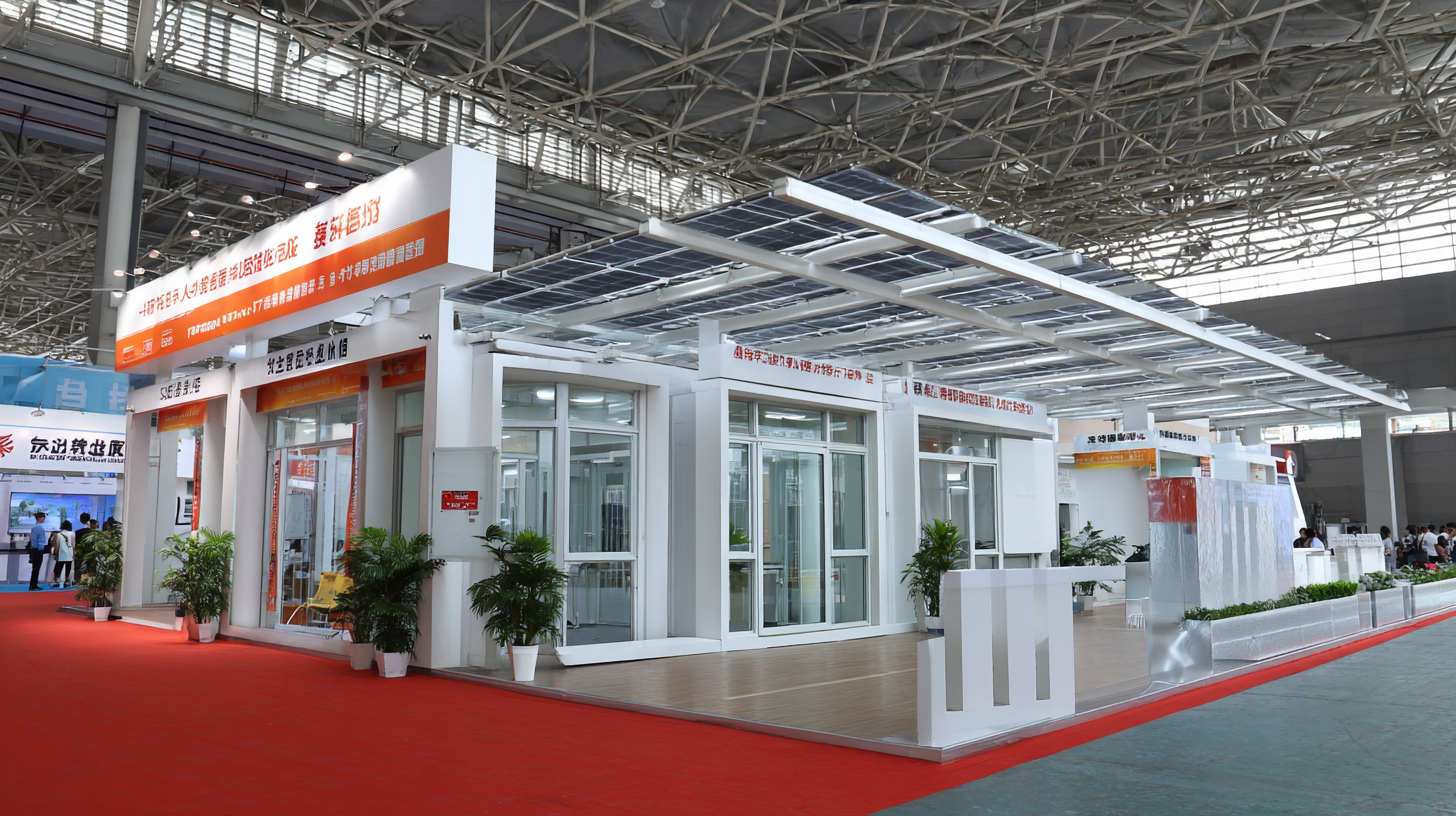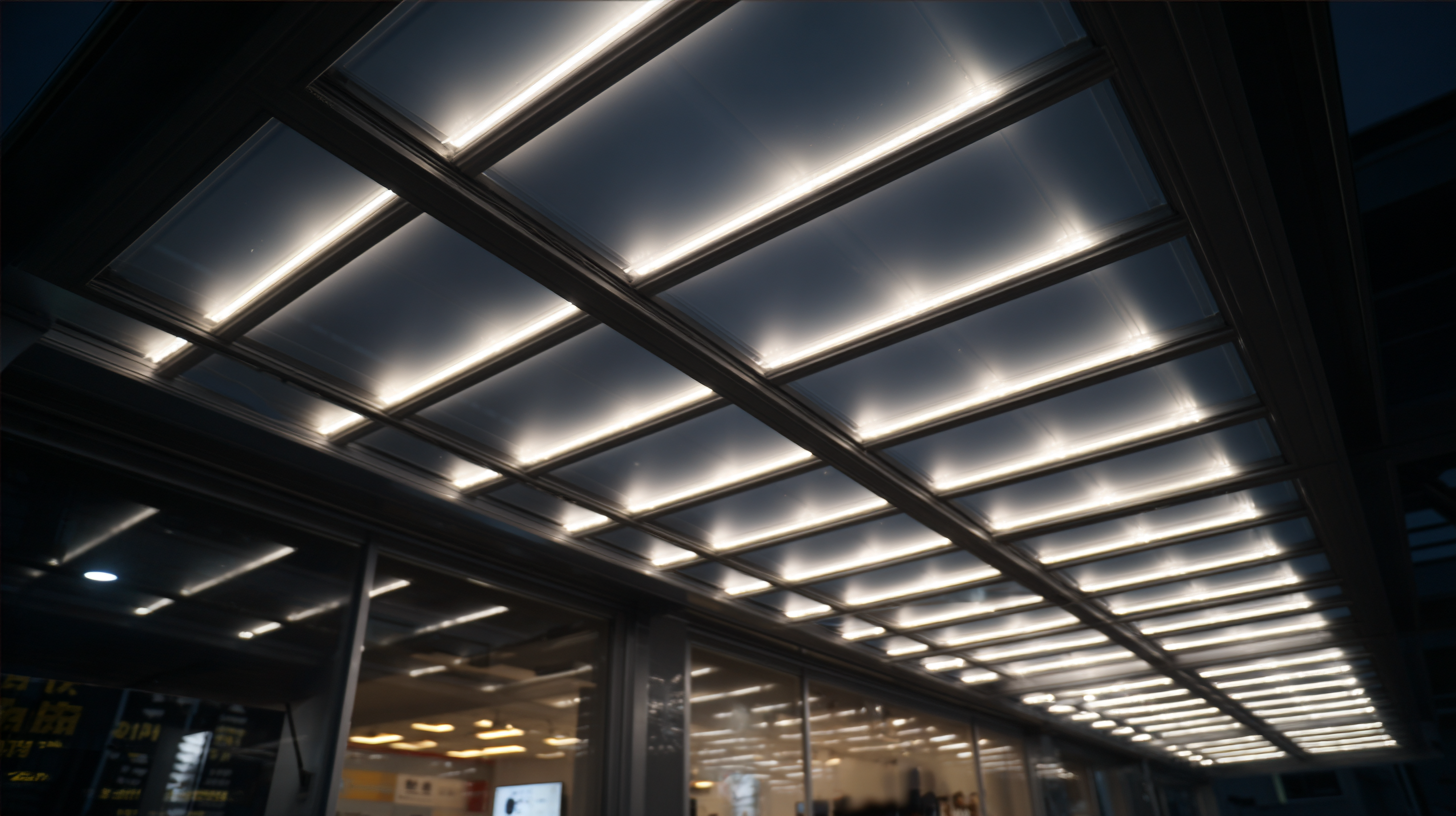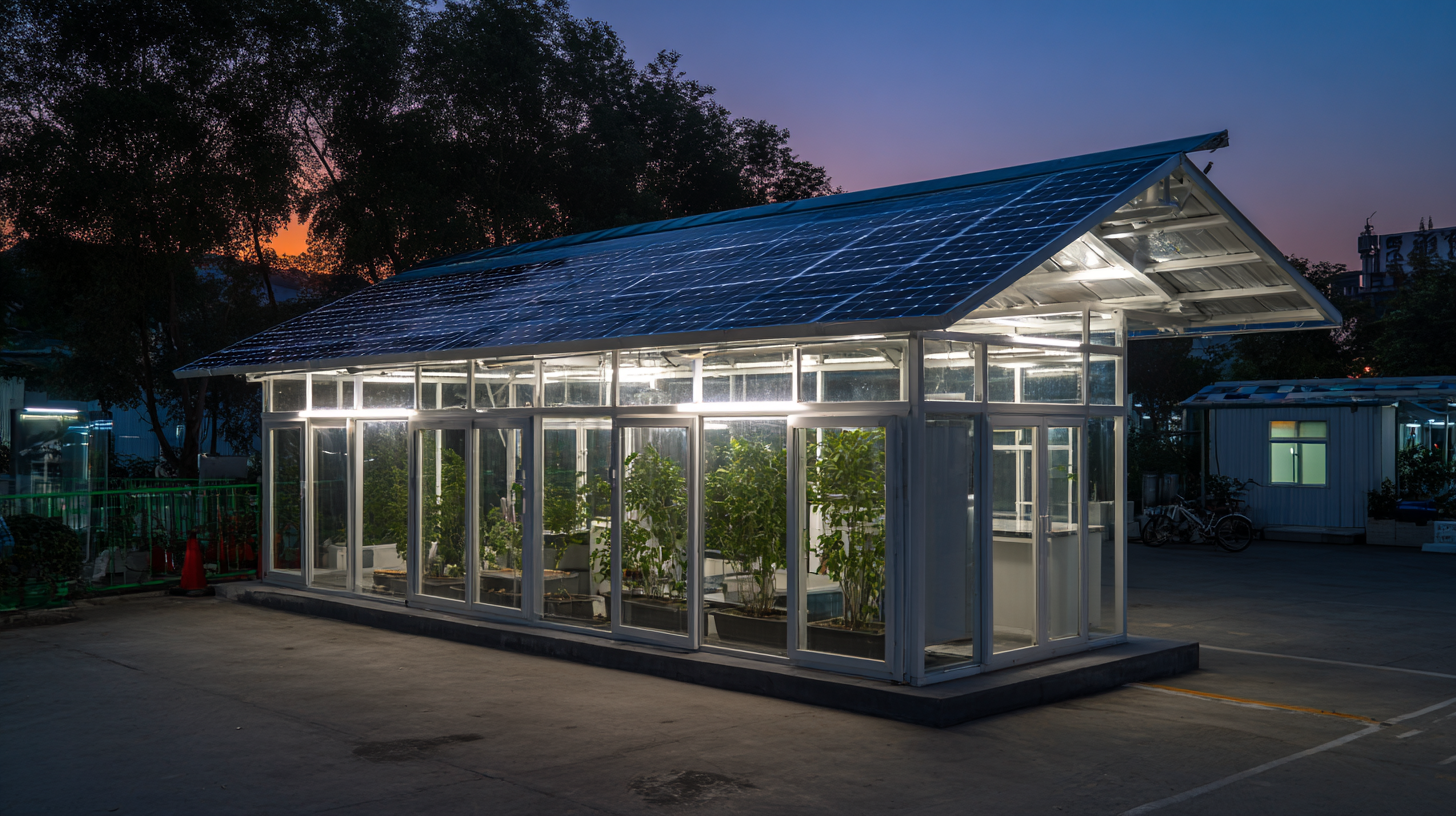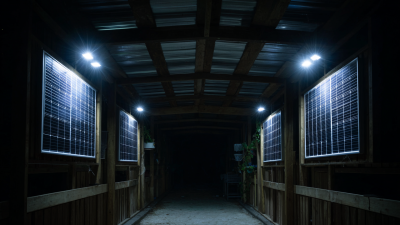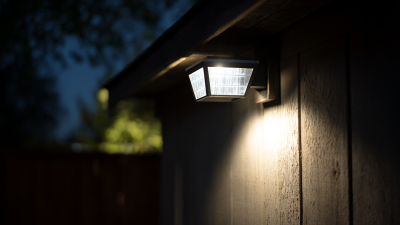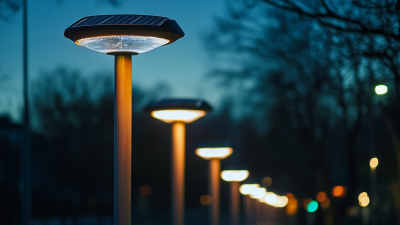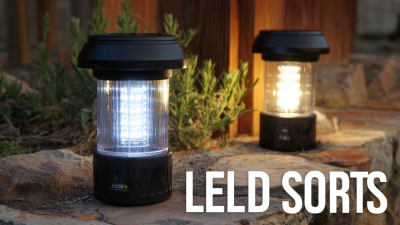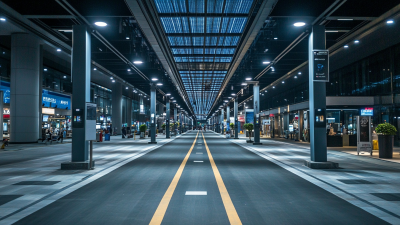Illuminating Innovations: Solar Shed Light Solutions at China's 138th Canton Fair 2025
The 138th Canton Fair in 2025 promises to be a vibrant showcase of cutting-edge technologies and innovations, with a significant focus on sustainable solutions. Among the highlights, "solar shed light" solutions are expected to take center stage, captivating visitors with their efficiency and eco-friendliness.
As global attention shifts towards renewable energy sources, these solar-powered light systems not only provide illumination but also emphasize China's commitment to green technology and environmental sustainability. The fair will feature a diverse range of products that leverage solar energy for various applications, from agriculture to urban development.
This integration of solar shed light solutions heralds a new era in energy conservation and smart living, embodying the spirit of innovation that the Canton Fair is renowned for. With industry leaders and innovators converging, attendees can look forward to exploring advancements that reflect the growing demand for sustainable practices in lighting and beyond.
Emergence of Solar Shed Light Technologies at Canton Fair 2025
At the 138th Canton Fair in 2025, emerging solar shed light technologies are set to revolutionize the lighting landscape. This year's fair highlights innovative lighting products that integrate new energy solutions, aligning perfectly with global efforts to build a low-carbon society. As the spotlight shines on sustainable technologies, buyers have a unique opportunity to explore the latest advancements that promise efficiency and environmental responsibility.
Tips: When evaluating solar shed lighting solutions, consider the efficiency of solar panels, battery capacity, and the adaptability of the product for various settings. Also, look for certifications that confirm the sustainability claims of these technologies.
The emphasis on solar innovations at such an influential fair underscores a broader trend towards renewable energy. Other international exhibitions, like the upcoming Expo 2025 in Osaka and Japan's World Smart Energy Week, also feature similar cutting-edge technologies. As the global market shifts toward sustainable alternatives, Canton Fair serves as a pivotal platform for industry players to connect and explore solutions that support a greener future.
Tips: Engage with exhibitors and ask about the longevity and maintenance needs of solar products. Networking with industry experts can also provide insights into the latest trends and expected developments in solar technology.
Market Growth Projections for Solar Lighting Solutions in China
The solar lighting solutions displayed at China's 138th Canton Fair in 2025 signify a promising future for the renewable energy market, particularly within the solar sector. As projected, the global renewable energy market is expected to reach a staggering $1,029.4 billion in 2024, with solar lighting solutions anticipated to see substantial growth. By 2032, the market value for these solutions is estimated to soar to approximately $15.74 billion, reflecting a compound annual growth rate (CAGR) of 5.55% over the forecast period.
**Tips:** When exploring solar lighting options, consider the types of solar technology available, including photovoltaic and thermal. The right choice can significantly impact energy efficiency and cost-effectiveness for residential or commercial use. Additionally, assess the integration of smart technology with solar solutions, which can enhance user experience and sustainability.
As the demand for eco-friendly lighting solutions rises, understanding the market dynamics will be critical for consumers and businesses alike. Innovations in solar technology not only contribute to environmental sustainability but also promise economic viability. Engaging with emerging trends in solar installations can position stakeholders favorably in the ever-evolving green market landscape.
Comparative Analysis of Solar Shed Light Innovations Versus Traditional Lighting
The 138th Canton Fair in 2025 showcased remarkable innovations in solar shed lighting, highlighting the significant advantages these solutions have over traditional lighting systems. According to a report by the International Renewable Energy Agency (IRENA), the global solar energy market has seen a substantial growth of approximately 22% annually over the last decade. This trend underscores a growing preference for sustainable energy solutions that not only reduce carbon footprints but also provide long-term cost savings.
In contrast, traditional lighting systems, predominantly relying on fossil fuels or electricity from non-renewable sources, face increasing scrutiny due to their environmental impact. The U.S. Department of Energy estimates that lighting accounts for about 15% of residential electricity use, emphasizing the need for more efficient alternatives.
Solar shed lights, which utilize photovoltaic technology to convert sunlight into energy, offer a viable solution. They can cut electricity costs by up to 70%, making them an economical choice for homeowners and businesses alike. With innovations in energy storage and smart lighting control systems, solar shed lights are rapidly becoming the preferred option, setting a new standard in the lighting industry.
Impact of Government Policies on Solar Energy Adoption in China
The 138th Canton Fair in 2025 showcases a plethora of solar energy innovations, underscoring the significant role government policies play in fostering solar energy adoption in China. Recent initiatives have facilitated a positive environment for renewable energy investments, with subsidies and tax incentives encouraging both manufacturers and consumers to embrace solar solutions. These policies not only support manufacturers in cutting production costs but also make solar technologies more accessible to the general public.
Tips for consumers considering solar energy solutions include researching local government incentives, which can vary by region and may significantly reduce the overall cost of installation. Additionally, exploring new technologies showcased at events like the Canton Fair can lead to cost-effective options suited for different needs. Moreover, connecting with local energy cooperatives can provide insights into shared solar programs that further enhance communities' energy independence and sustainability. By staying informed about government policies and leveraging available resources, both individuals and businesses can make more informed decisions regarding solar investments.
Case Studies: Successful Implementation of Solar Shed Lights in Urban Settings
As urban areas continue to grapple with increasing energy demands and environmental concerns, the implementation of solar shed light solutions has emerged as a practical and innovative remedy. At the 138th Canton Fair in 2025, numerous case studies exemplified the successful deployment of these lighting systems in various urban settings. For instance, a pilot project in Guangzhou showcased the installation of solar shed lights across public parks. According to the International Energy Agency (IEA), solar energy installations have increased by over 25% globally, highlighting the efficiency and appeal of renewable energy sources.
Another notable case comes from the city of Chengdu, where solar shed lights were utilized to enhance street safety and reduce electricity costs. Reports indicate that the implementation of these solar lights reduced energy expenditures by up to 70%, while simultaneously lowering carbon emissions. Furthermore, an evaluation by the World Bank points out that regions incorporating solar lighting solutions reported a 50% decrease in crime rates in illuminated spaces. Such positive outcomes underline the advantages of integrating solar technology into urban infrastructures, fostering sustainable development and improved quality of life for residents.
